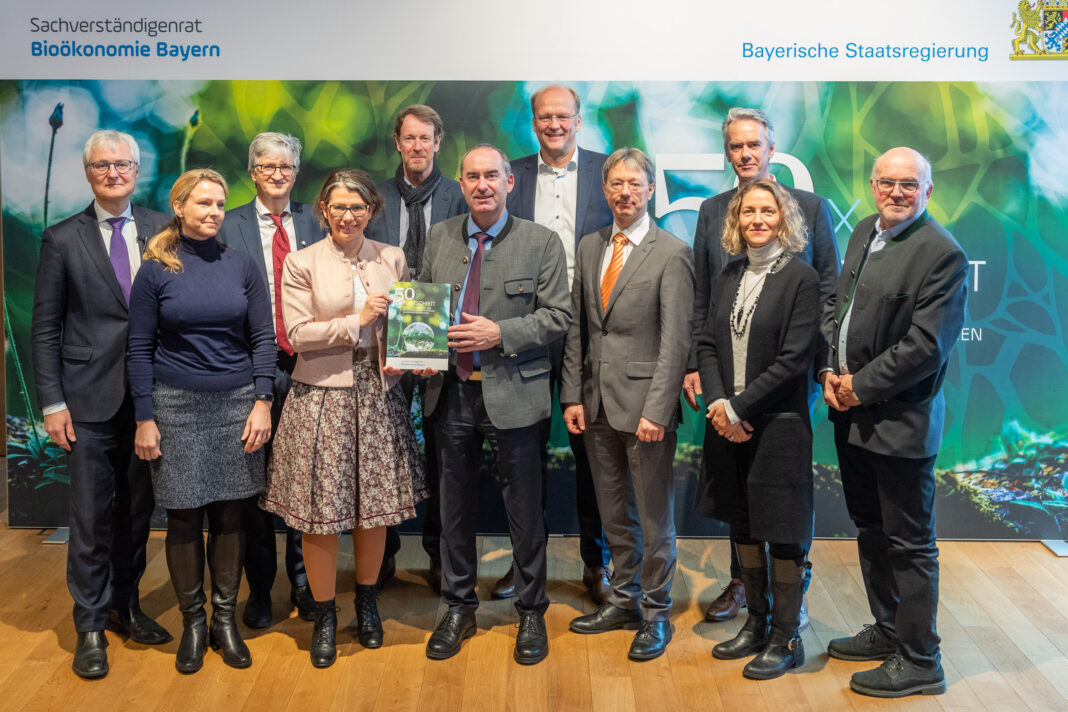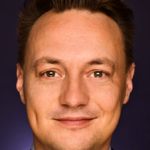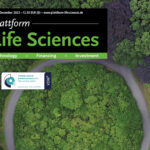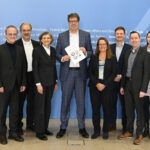Despite numerous bioeconomy innovations in the research sector, there is growing uncertainty about whether the bioeconomy can unleash its effectiveness and actual potential. How can these concerns be allayed, and the bioeconomy further advanced? By the Bioeconomy Expert Council of Bavaria

Parliamentary session on the bioeconomy in Brussels 2021
The transformation towards a sustainable, circular and future-proof economic system poses enormous challenges for both politics and industry, as well as society. This is because it must be shaped in addition to other transformations: the expansion of renewable energies, the implementation of sustainable food production, the preservation of biodiversity and the improvement of social justice. The result is that the bioeconomy often slips down the political agenda, despite the fact that it could offer solutions to drive these transformations. However, for this to happen, the bioeconomy must move from niche to widespread application. This requires an adjustment of political and economic conditions and an implementation policy that takes into account land competition, nature conservation, value chains and networks, as well as societal interests. Specifically, the following are essential to push the bioeconomy forward.
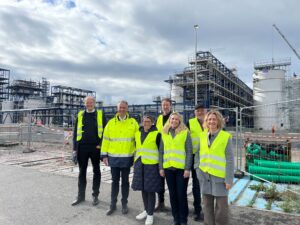
Clear guidelines for business models
Both established companies and entrepreneurs recognise the potential of the bioeconomy, but they lack clear regulatory guidelines to transform business models. The current political and regulatory focus of many areas influencing bioeconomy developments is not in its favour. For example, the handling of biobased and/or compostable or biodegradable materials is largely dismissed by the relevant EU regulations (as indicated in the draft Regulation on Packaging and Packaging Waste). At a national and Bavarian level, bioeconomy solutions (such as for heating and mobility or products from renewable resources in the construction industry) are being fundamentally called into question or even disadvantaged. In this environment, the Bioeconomy Expert Council sees the further development and scaling of sustainable alternatives to fossil-based materials and energy carriers as an immense challenge. Also, supra-regional measures such as the EU Emissions Trading System (EU-ETS) and the Carbon Border Adjustment Mechanism (CBAM) need to be expanded to avoid unilateral burdens on ”bioeconomic” market participants in Bavaria and Europe.
Link to the report: https://www.biooekonomierat-bayern.de/images/2023/Veroffentlichungen/SVB_2023_Fortschrittsbericht.pdf
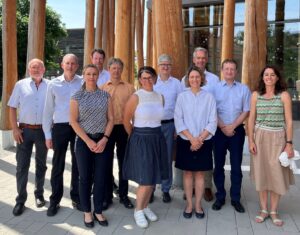
Rethinking economic conditions
The transfer from science to industry is progressing slowly, mainly because stable investment conditions are still lacking. The success of the bioeconomy undoubtedly depends on its economic success. For this to happen, the underlying economic conditions would have to be changed. Long-term investments in sustainable business models are slowed by the political mindset of legislative periods. To enable the industrial implementation of bioeconomic investments, bipartisan conditions for industrial transformation must be created independent of the legislative period. This could then allow for the broad establishment of plant-intensive processing of renewable raw materials, such as platform chemicals. In competition with products from fossil raw materials, those from renewable raw materials often lose out because the former are much more cost-effective to produce. Therefore, conditions should be created to make it economically more attractive for all potential raw material producers, manufacturers and traders of bioeconomic products to provide them, use them and offer them on the market. A product price that includes the environmental costs of raw material extraction, production and disposal may contribute to offsetting the competitive disadvantages of sustainable products from renewable or recyclable raw materials. Sustainable business models are also more competitive when efforts to protect ecosystem services, conserve raw materials and resources, and promote recyclable products are rewarded.
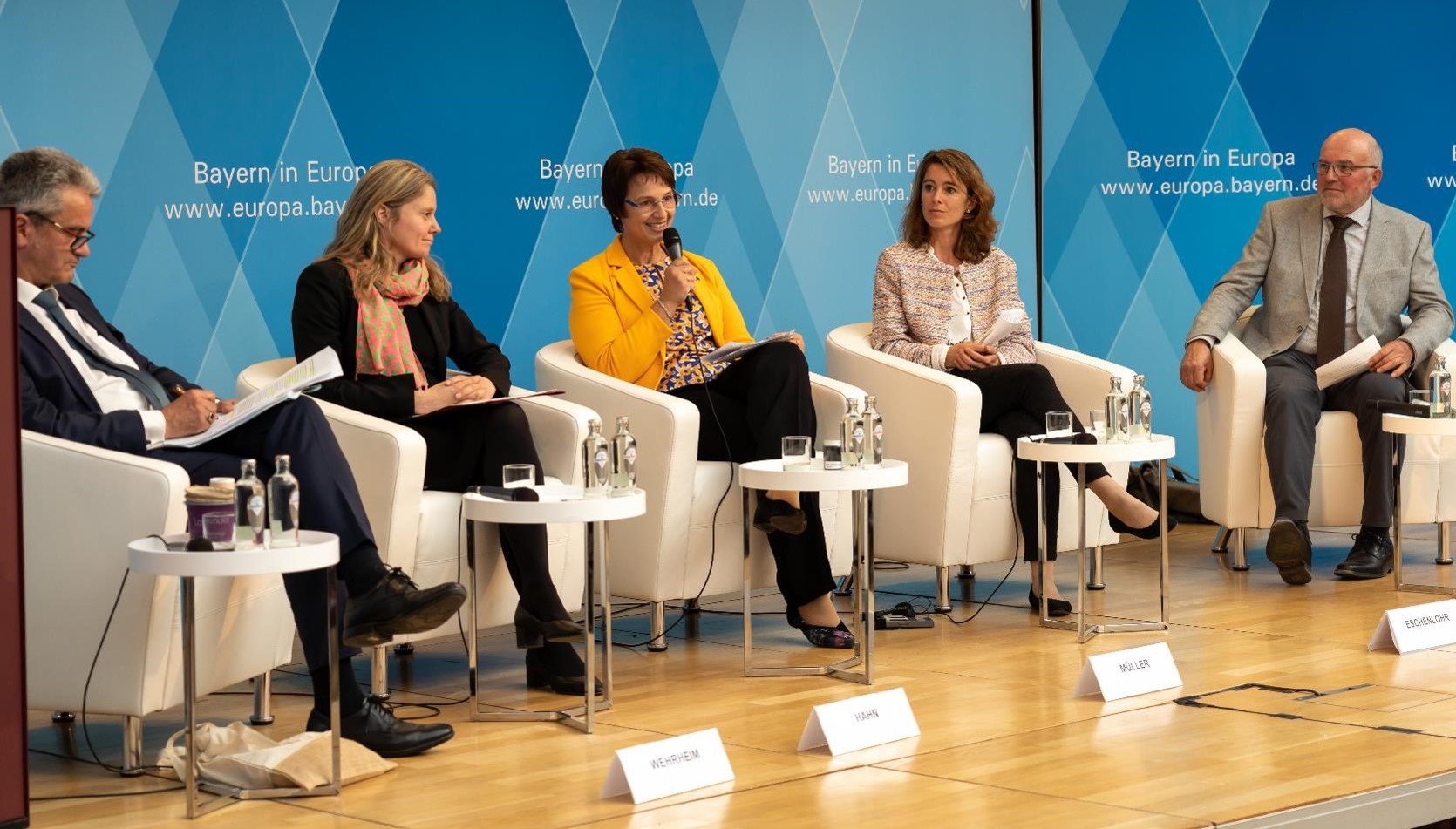
Promotion of innovation is fundamental
To further advance the bioeconomy, effective instruments and programmes to promote innovation must also be available to set the stage for a sustainable economy. The fact that the bioeconomy is not growing as desired is also due to the lack of production facilities. For example, the Bavarian State Ministry of Economic Affairs, Regional Development and Energy (StMWi) promotes the establishment of production facilities through the “BayBioeconomy Scale-Up” directive, which enables new value chains based on renewable raw materials and thus reduces greenhouse gas emissions. However, for this funding directive to achieve the desired effect, the programme needs to have a more effective design. Also, adjustments to the General Block Exemption Regulation (GBER) could positively influence developments in the fields of environment, energy and decarbonisation and help achieve the goals of the “European Green Deal”. Increasing the threshold for environmental aid and aid for research, development and innovation could also enable broader financial support for investment measures for environmental protection. These adjustments should also support member states in responding to inflation and supply crises.
Link to the report: https://www.biooekonomierat-bayern.de/images/2023/Veroffentlichungen/SVB_2023_Fortschrittsbericht.pdf
Advance the transfer of technology and the scaling of processes
Technology transfer and process scaling remain central aspects. Collaborations between research institutions, companies and industry need to be intensified in order to accelerate the transfer of technology. An example of this is the BioCampus MultiPilot (BMP), a multi-purpose demonstration facility under construction in the port of Straubing-Sand. In the BMP, customers will further develop, test, scale and optimise their industrial biotechnology processes up to pre-industrial scale, validate their economic viability and produce product samples. Construction on the BMP started in November 2023, and it is scheduled to be operational by 2025. It will offer innovative companies an opportunity to test new ideas and innovations in a controlled environment without high costs, time and space requirements. This can shorten the time to market for new products and supports the practical experience gained from the pilot phase in making well-founded decisions on the further development and scaling of processes. More examples like this are needed. Another factor is the availability of renewable energy. Green energy must be affordable within Germany and the EU to keep industrial processes running or to attract investment in new processes. Infrastructure, especially for the provision of hydrogen, is a prerequisite and partly seen as a task for the government. Expansion needs to be intensified. Hydrogen is needed both as an input and as a green energy carrier (and for energy storage).

Circular bioeconomy: A change of thinking in the linear system
The implementation of a circular bioeconomy is not possible in a linear-thinking economic system. The holistic-systemic approach of the circular bioeconomy relies on the use of secondary raw materials and the multiple sequential use of biogenic and fossil raw materials. This requires a consistent rethinking of processes and value chains to close industrial loops and establish them where they are missing. The use and high-quality recirculation are significantly hindered by current regulations in waste law, arbitrary restrictions on the concept of recycling and the concept of municipal waste management. However, it is essential that we bring the existing potentials of raw materials into meaningful and sustainable, high-quality use. The widespread, separate collection of biological waste, for example, is cited as currently untapped biomass potential that urgently needs to be implemented. Redefining the concept of waste in favour of the circular economy and abandoning a unilateral definition of materials recycling are the first essential steps towards a genuine circular economy. These steps can contribute, in particular, to reducing logistical hurdles in establishing new value chains.
The time is ripe
It is time we focused our global development strategies on the transformative power of the bioeconomy. The bioeconomy has the potential to be more than a theoretical concept: it can be a driver for sustainable innovations, social progress and economic transformation – if we have the courage to act. It is time not just to talk about the bioeconomy, but to make it a lived reality. The bioeconomy has not lost the courage to act but is facing new challenges that need to be tackled.
About the author:
The Bioeconomy Expert Council of Bavaria (Sachverständigenrat Bioökonomie Bayern, SVB), appointed by the Bavarian State Ministry of Food, Agriculture and Forestry in 2015, advises the Ministry on the development of the bioeconomy. As an independent advisory body, it supports the implementation and assessment of Bavarias bioeconomy strategy. Furthermore, the SVB aims to promote societal dialogue on the bioeconomy and bring together various stakeholders. Now in its third term, the implementation of Bavaria’s bioeconomy strategy, in the development of which the SVB played a key role, is one of the core topics. To this end, the SVB has prepared a status report on the implementation status of the 50 strategic measures, which was presented to the Bavarian Minister of Economic Affairs Hubert Aiwanger on 11 December 2023.
Link to the report: https://www.biooekonomierat-bayern.de/images/2023/Veroffentlichungen/SVB_2023_Fortschrittsbericht.pdf
Autor/Autorin
Urs Moesenfechtel, M.A., ist seit 2021 Redaktionsleiter der GoingPublic Media AG - Plattform Life Sciences und für die Themenfelder Biotechnologie und Bioökonomie zuständig. Zuvor war er u.a. als Wissenschaftsredakteur für mehrere Forschungseinrichtungen tätig.


